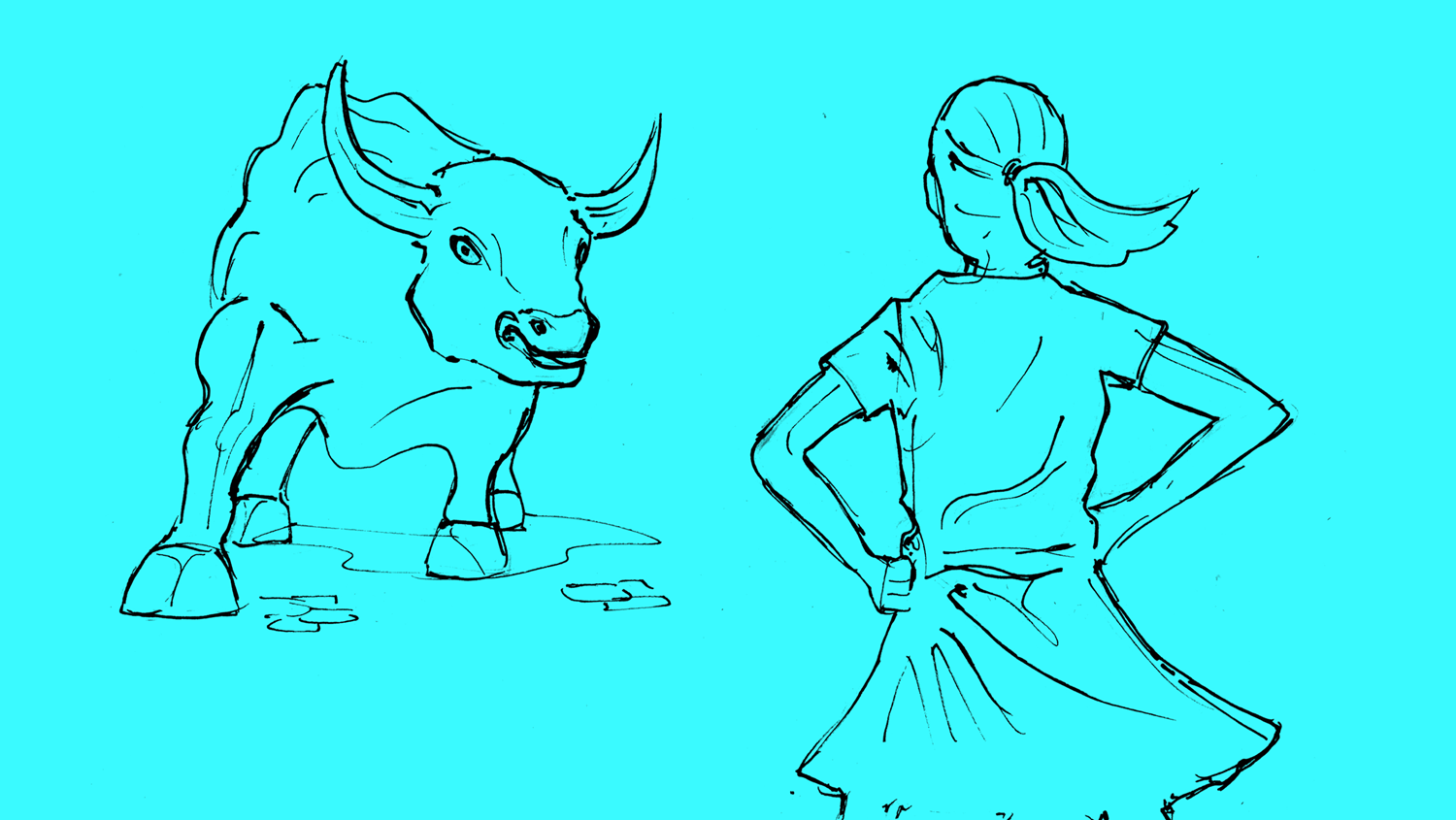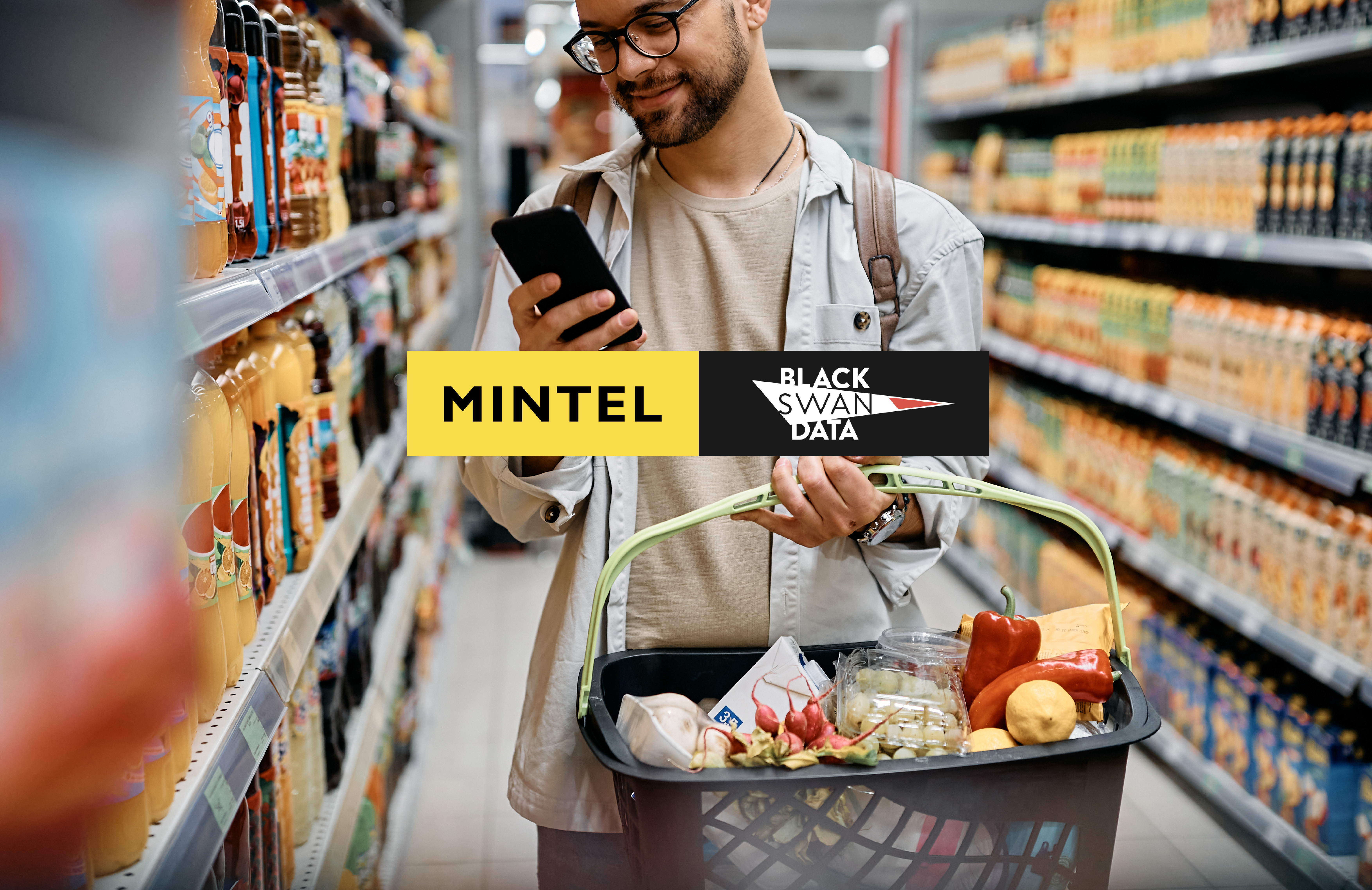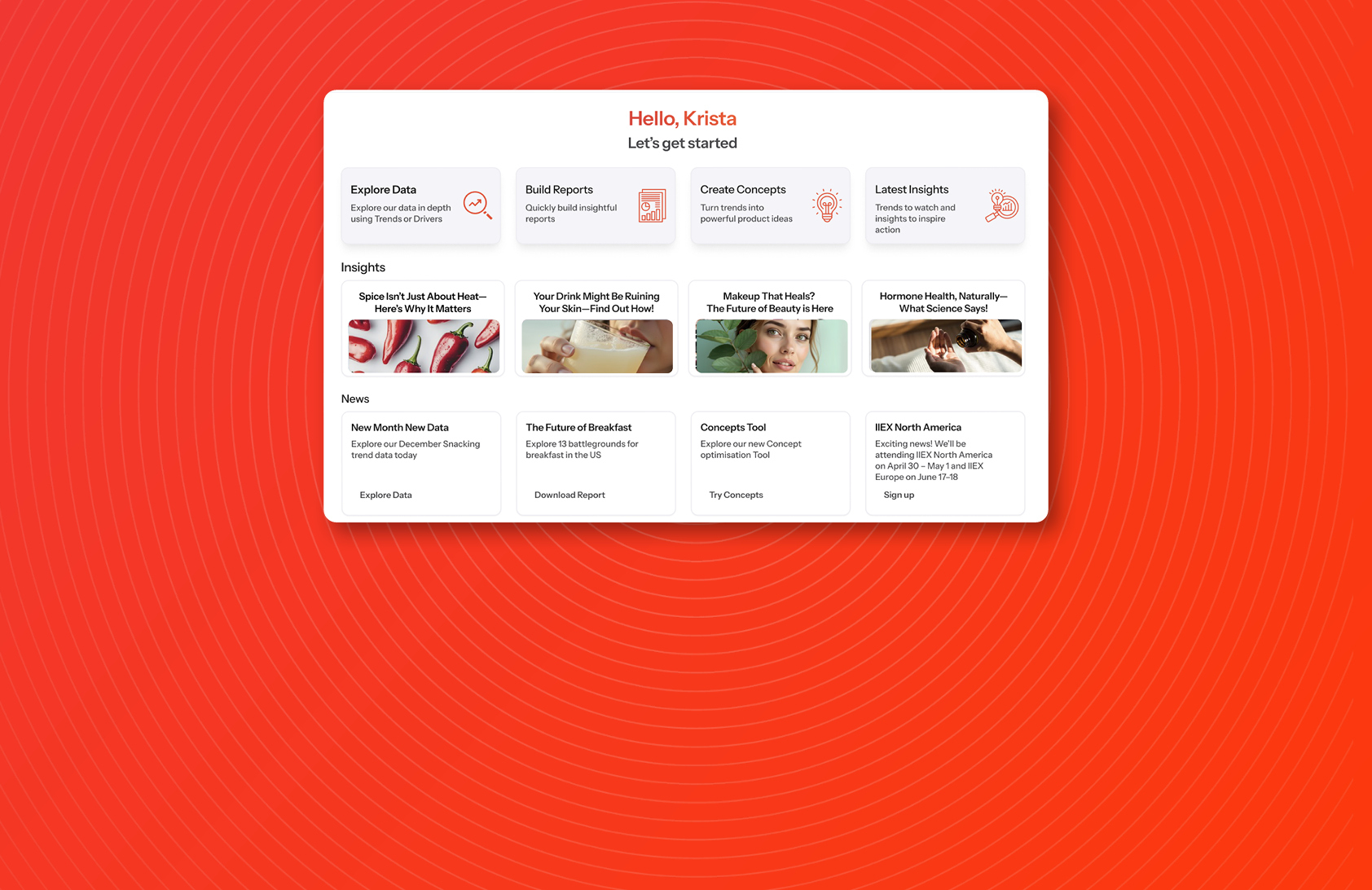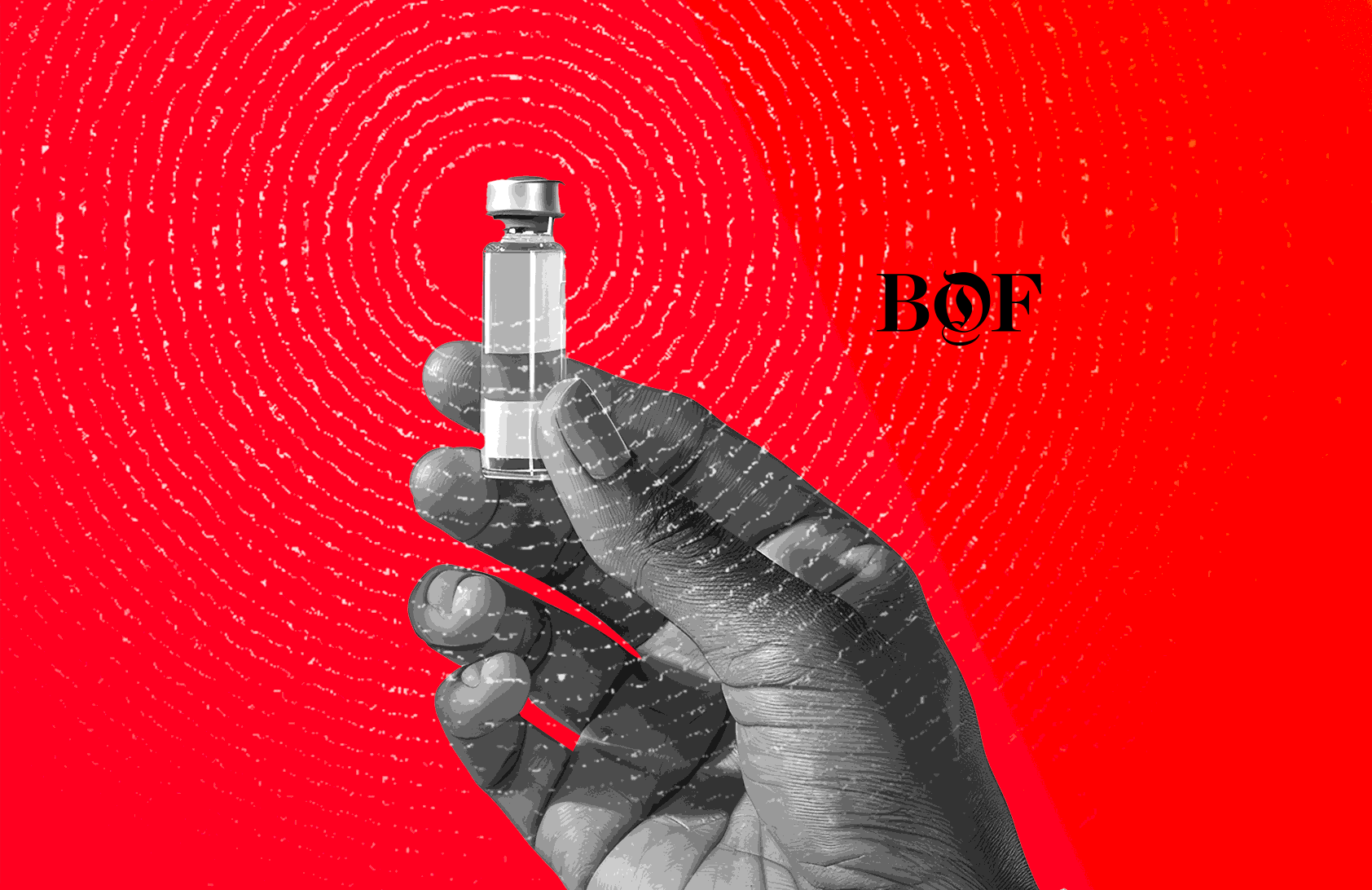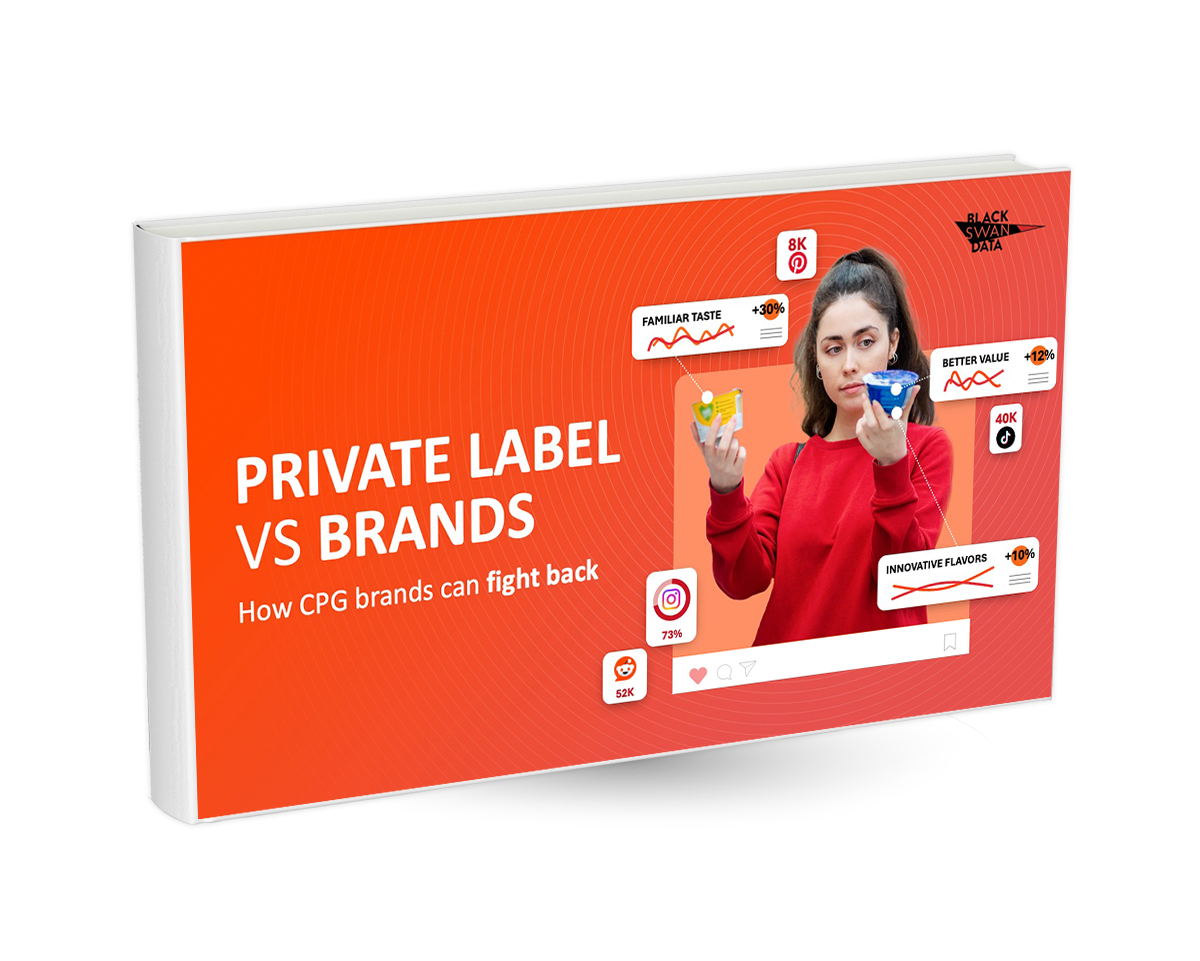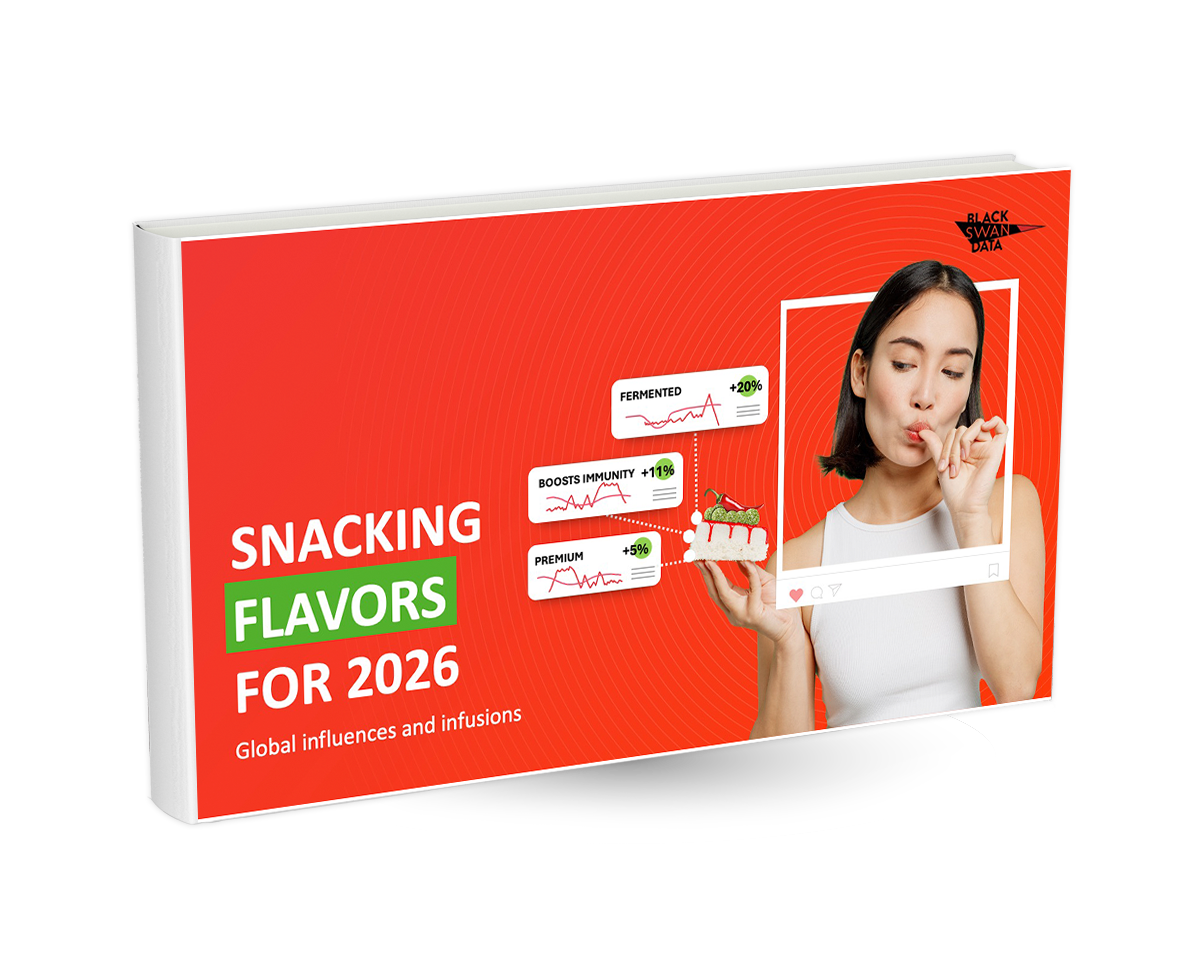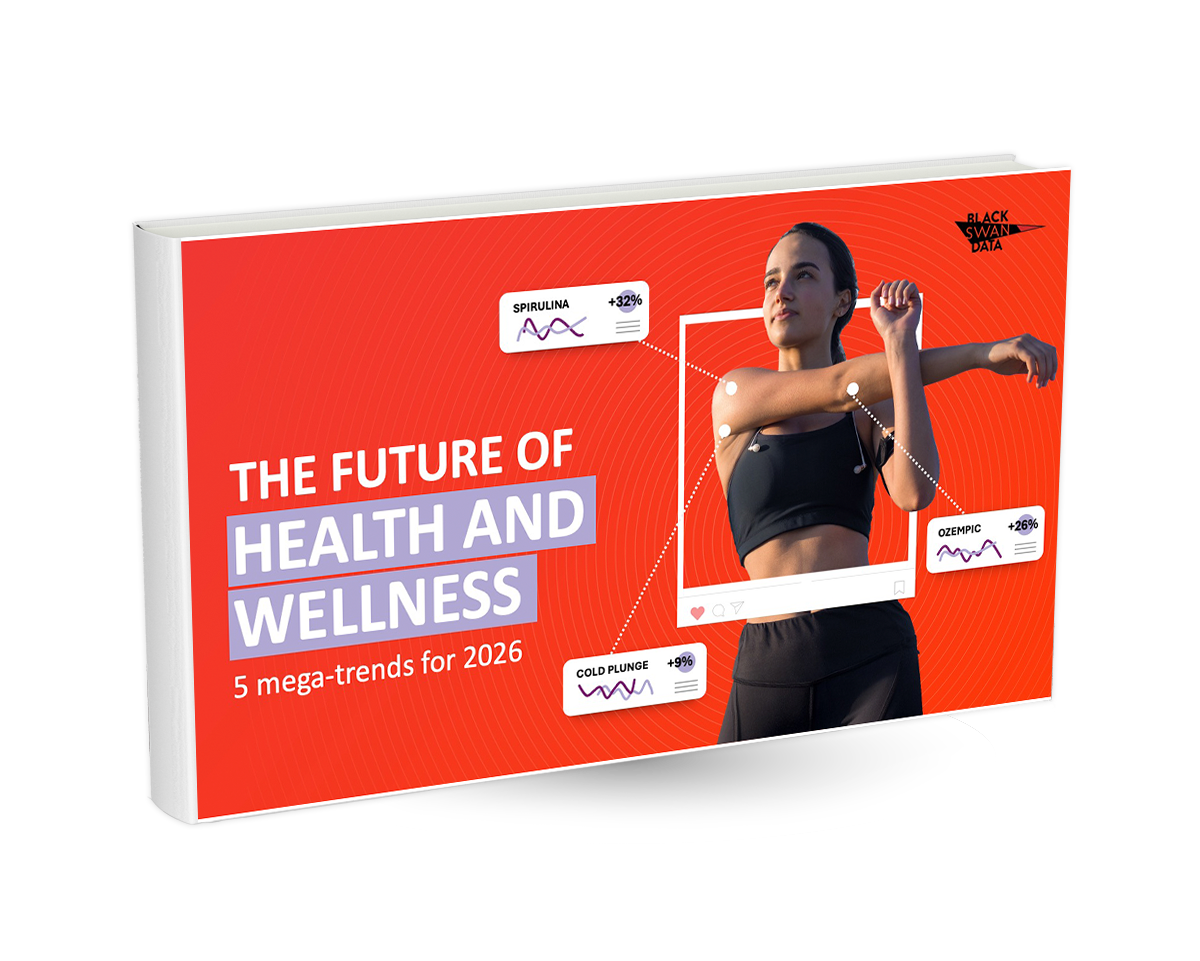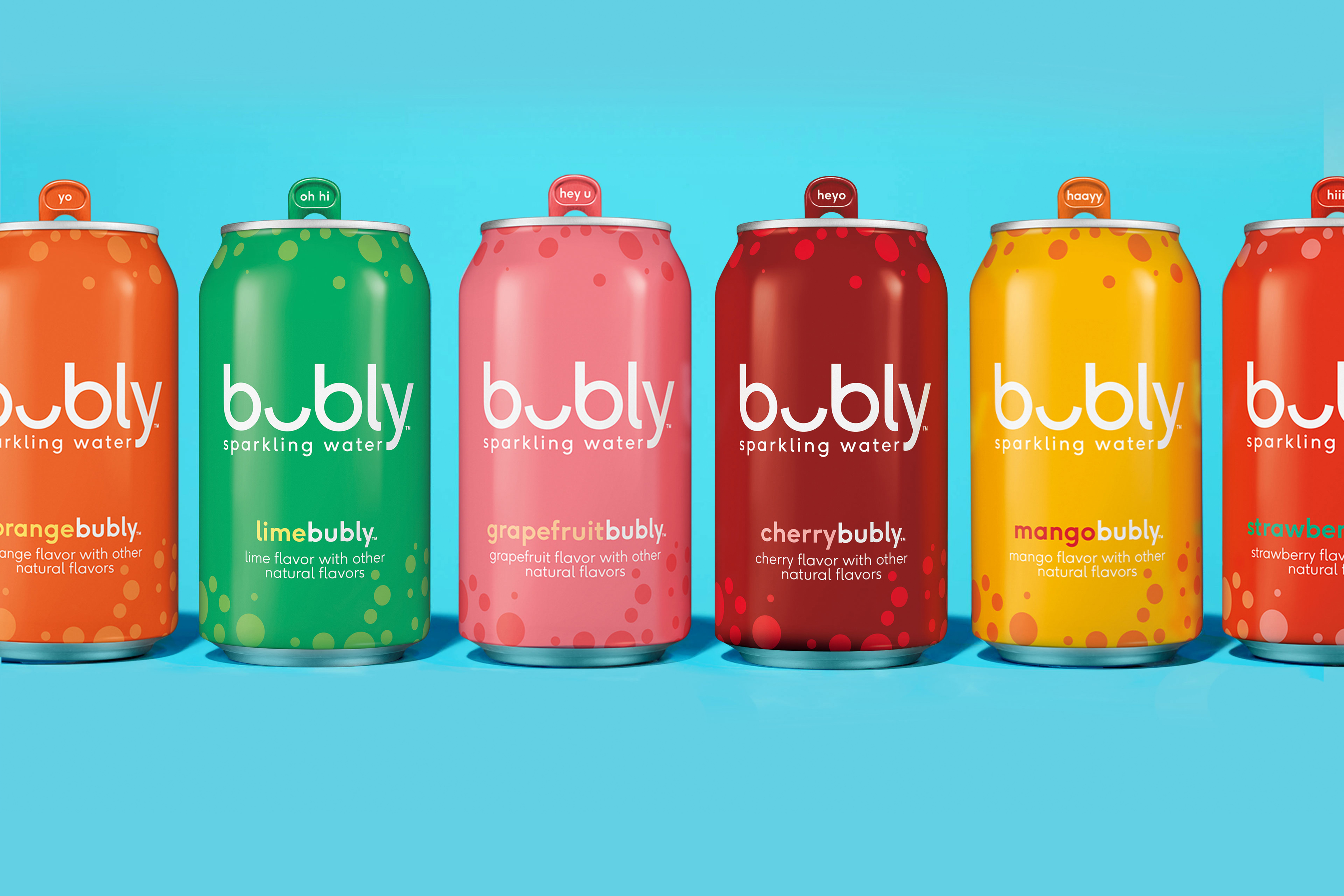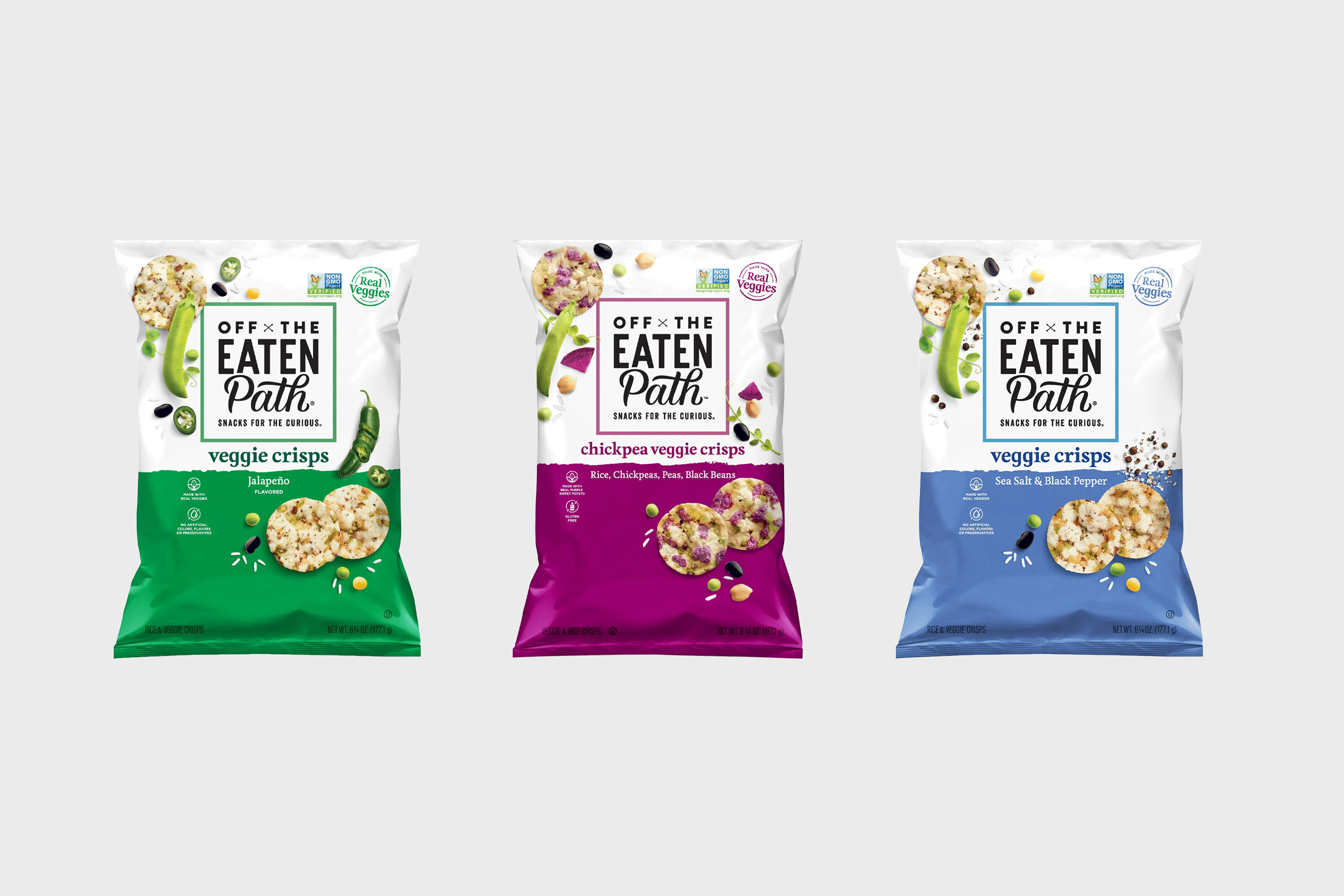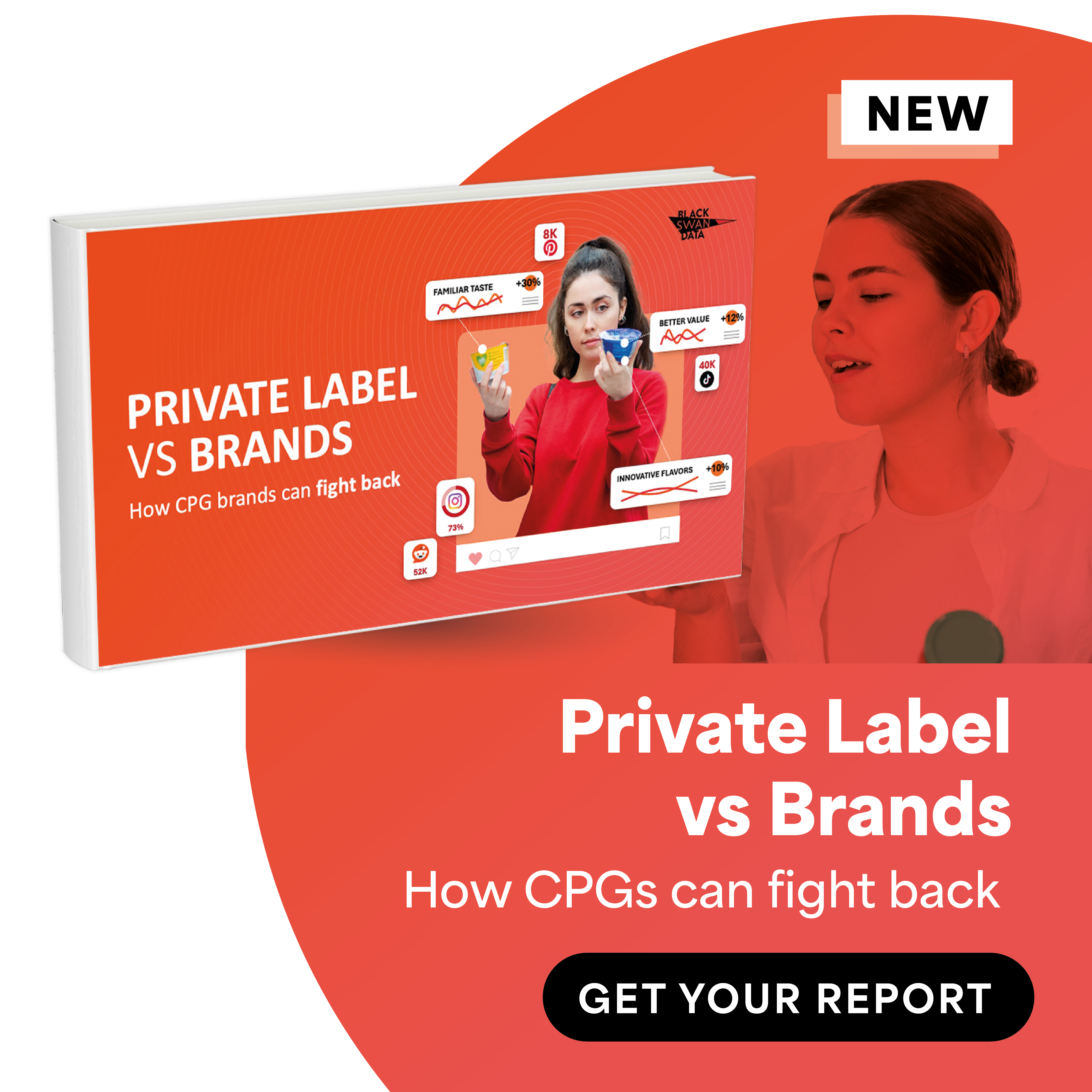Following Cannes Lions 2017, we put our collected data to further use and analysed the social conversation surrounding the festival. We wanted to understand people’s reaction to this year’s event – both at the festival, and those engaging from afar.
Our findings were overwhelming. There was one thing on everyone’s minds – the role of women in industry. Stories of gender equality and female empowerment dominated our dataset, with conversations centring around the breaking down of gender stereotypes, closing the pay gap and celebrating the powerful, female figures leading the way forward in business.
What’s your #roarscore?
Using a proprietary Black Swan Data algorithm known as Vector Centrality, we determined which Twitter accounts throughout the festival had the highest #roarscore – the biggest amount of influence via their secondary Twitter network – over the week.
Sheryl Sandberg, COO of Facebook and co-author of
‘Lean in: Women, Work and the Will to Lead’,
roared the loudest in her lively debate alongside
Wieden & Kennedy CCO – Colleen DeCourcy – and
Airbnb’s Jonathan Mildenhall. Impressively, Sandberg never actually used #canneslions herself, but was catapulted up the rankings by others who were inspired by what she had to say.
During the debate, she touched upon a number of different subjects, but empowering women and promoting gender equality were never far from the agenda. Powerful Sandberg quotes were retweeted across the festival (and widely across the globe!) and contributed to her reaching the top spot in the ranking.
The most tweeted quotes from Sandberg, in order of ranking, were:
- "Men still run the world"
- "We have the power to change stereotypes, and it's the advertising industry that can lead."
- "Don't tell young girls that they're bossy. Tell them they have executive leadership skills!"
Smashing the glass ceiling
In 2015, Sandberg and the ‘Lean In’ team introduced a new award called the Glass Lion, to celebrate advertising free from gender stereotypes. A campaign run by State Street Global Advisors aimed at encouraging more companies to put women in positions of leadership, “Fearless Girl,” took the Grand Prix in the Glass Lion category this year as well as
3 other Grand Prix. It features a statue of a
fearless young girl facing down the iconic charging bull on Wall Street.
This became one of the most spoken about campaigns of the event – mentioned
975 times – whilst the Glass Lion award was mentioned
332 times.
Not afraid anymore
Alongside Sandberg, American singers Demi Lovato and Halsey (who both spoke at the festival) also made a splash, evoking 4,317 conversations (3% of the total conversation) and 1,621 conversations (1% of total conversation) respectively over the week. Demi Lovato is a respected global advocate for mental health and empowerment, while Halsey took to the stage and spoke about her own experience of being a young female CEO and the scepticism she’s faced.
#sheinspiresme
Amongst some of the festivals biggest topics – social impact initiatives, innovative healthcare solutions, integrations of AI and VR technologies – sat the promotion of gender equality. In fact, 1 in every 10 conversations we analysed were directly attributed to the cause, and #sheinspiresme was used 199 times over the week.
Yet currently an estimated 25% of agency creatives are women, and only 11% will reach creative director level. Cannes Lions is trying to change this. The
‘See It Be It’ initiative brings high-potential, senior, creative women into the spotlight to bring about change, with the end goal of improving the ratio of women leaders in agency creative departments.
It remains to be seen whether such initiatives will deliver on their promises and accelerate the speed at which gender equality is achieved. What we do know though, is that even though the fight for gender equality is far from over, it is at the forefront of the minds of many, and that a lot of work still needs to be done before the industry can be considered truly inclusive.

